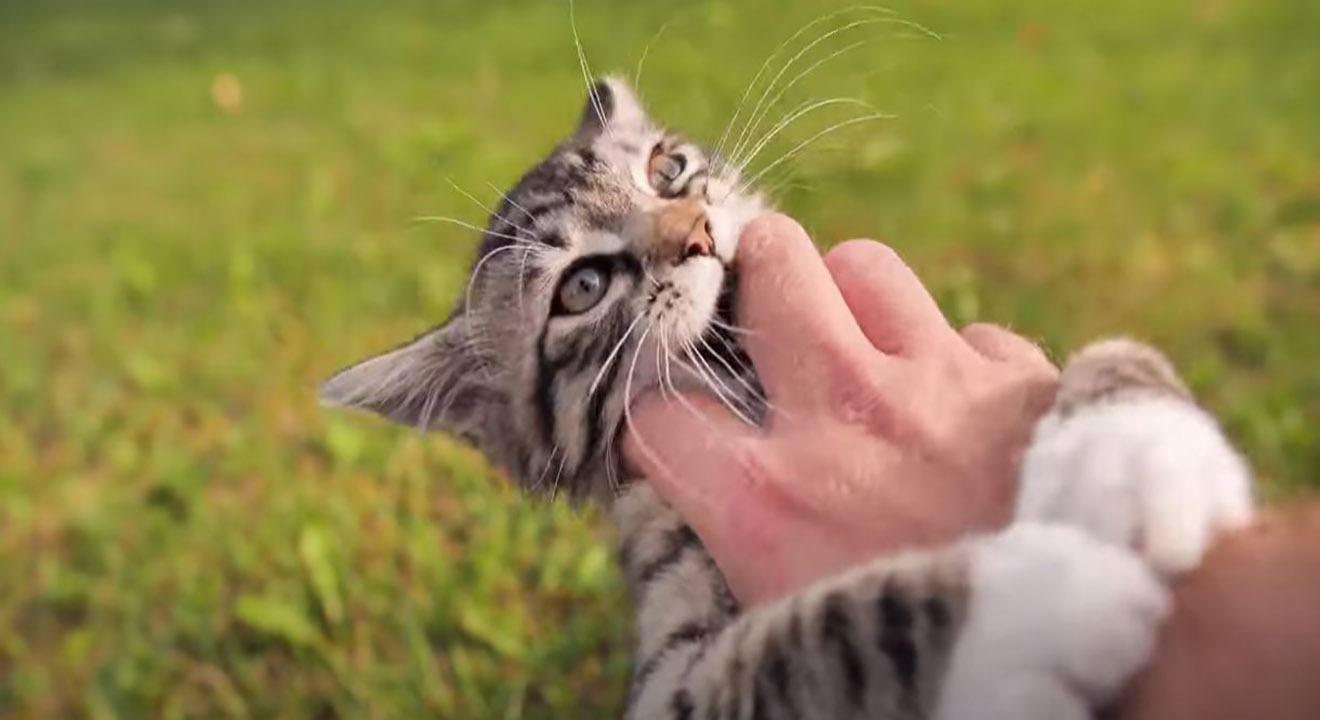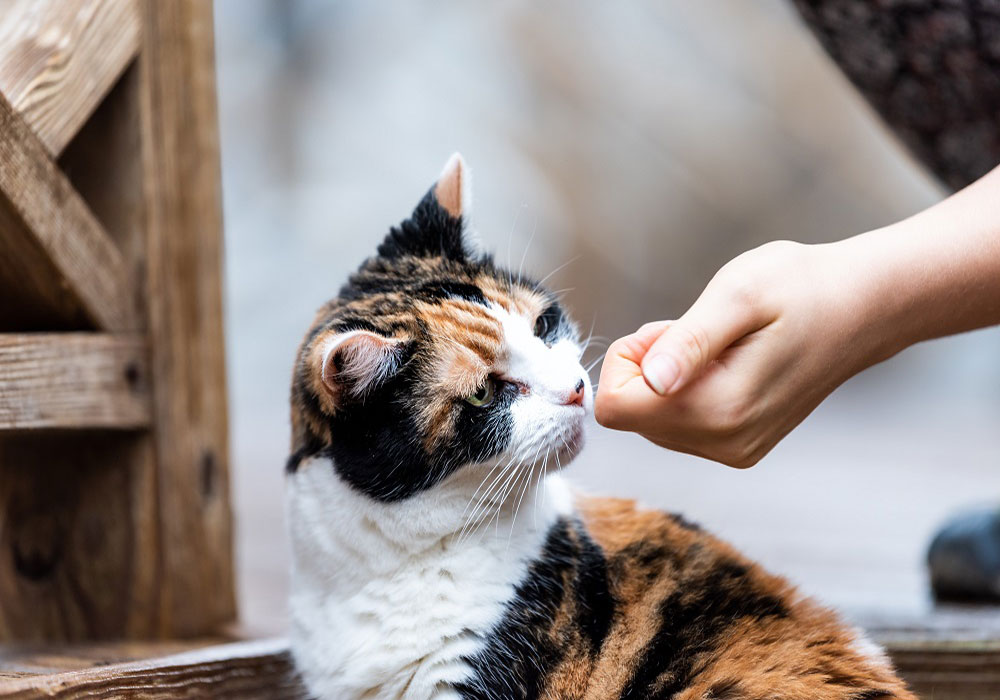Positive Encouragement or Punishment: How to Discipline and Reward Your Cat
Disciplining and rewarding your cat is most effective when done with positive encouragement rather than punishment. Cats respond better to consistency and rewards, such as treats or praise, when they exhibit good behavior. Punishment, especially if it’s harsh or poorly timed, can lead to fear or confusion rather than learning. Instead of scolding your cat for unwanted actions, redirect their behavior with toys or gentle guidance. Rewarding the behaviors you want to see helps build trust and encourages your cat to repeat those actions. With patience and the right approach, you can shape your cat’s behavior while keeping your bond strong.
How to get a cat to trust you
Offer slow blinks to show you’re not a threat;
Let the cat come to you at their own pace;
Sit or lie down to appear less intimidating;
Speak in a calm, quiet voice;
Avoid sudden movements or loud noises;
Use treats or toys to build positive associations;
Gently extend a finger for them to sniff;
Respect their boundaries—don’t force contact;
Spend quiet time nearby, allowing them to get used to your presence;
Be consistent and patient—trust takes time.
What can you do if your cat does not seem to listen to you
Avoid yelling or punishing—it can increase fear or confusion;
Check for underlying stressors or changes in their environment;
Use clear, consistent cues for commands or redirection;
Reinforce desired behavior with treats or praise;
Rule out medical issues that might affect responsiveness;
Make sure they’re getting enough play and mental stimulation;
Keep training sessions short, calm, and positive;
Stay patient—progress with cats is often gradual;
Evaluate whether your expectations match your cat’s personality;

Having Trouble Training Your Cat?
Don’t worry — every cat learns at their own pace! If your training sessions aren’t going as planned, try shortening them, keeping the environment calm, and using treats or toys your cat loves. Remember, patience and consistency are key.
If you’re still struggling, your cat might be stressed, bored, or simply not motivated by your current rewards. Consider adjusting your approach, and don’t hesitate to ask for help — a certified cat behaviorist or your vet can offer personalized guidance to get you back on track.

